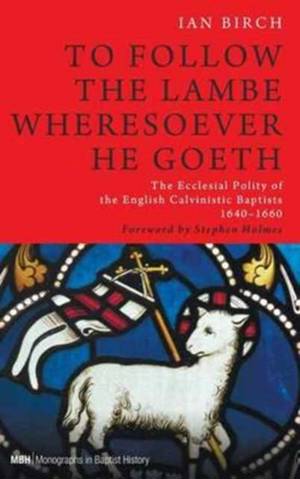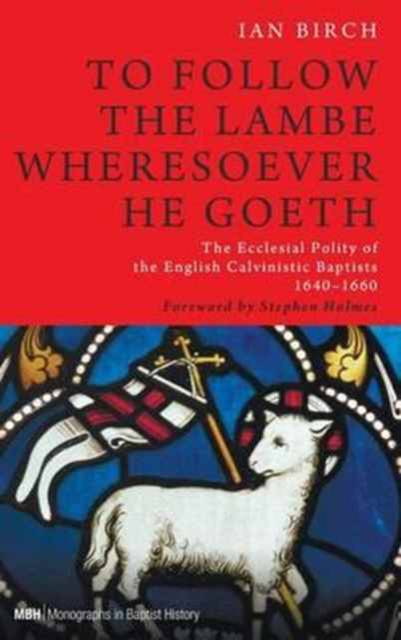
- Retrait gratuit dans votre magasin Club
- 7.000.000 titres dans notre catalogue
- Payer en toute sécurité
- Toujours un magasin près de chez vous
- Retrait gratuit dans votre magasin Club
- 7.000.0000 titres dans notre catalogue
- Payer en toute sécurité
- Toujours un magasin près de chez vous
To Follow the Lambe Wheresoever He Goeth
The Ecclesial Polity of the English Calvinistic Baptists 1640-1660
Ian Birch
74,95 €
+ 149 points
Format
Description
This book explores the doctrine of the church among English Calvinistic Baptists between 1640 and 1660. It examines the emergence of Calvinistic Baptists against the background of the demise of the Episcopal Church of England, the establishment by Act of Parliament of the Westminster Assembly of Divines, and the attempted foundation of a Presbyterian Church of England. Ecclesiology was one of the most important doctrines under consideration in this phase of English history, and this book is a contribution to understanding alternative forms of ecclesiology outside of the mainstream National Church settlement. It argues that the development of Calvinistic Baptist ecclesiology was a natural development of one stream of Puritan theology, the tradition associated with Robert Brown, and the English separatist movement. This tradition was refined and made experimental in the work of Henry Jacob, who founded a congregation in London in 1616 from which Calvinistic Baptists emerged. Central to Jacob's ideology was the belief that a rightly ordered church acknowledged Christ as King over his people. The christological priority of early Calvinistic Baptist ecclesiology will constitute the primary contribution of this study to the investigation of dissenting theology in the period.
Spécifications
Parties prenantes
- Auteur(s) :
- Editeur:
Contenu
- Nombre de pages :
- 248
- Langue:
- Anglais
- Collection :
- Tome:
- n° 5
Caractéristiques
- EAN:
- 9781498209038
- Date de parution :
- 11-01-17
- Format:
- Livre relié
- Format numérique:
- Genaaid
- Dimensions :
- 152 mm x 229 mm
- Poids :
- 508 g

Les avis
Nous publions uniquement les avis qui respectent les conditions requises. Consultez nos conditions pour les avis.






